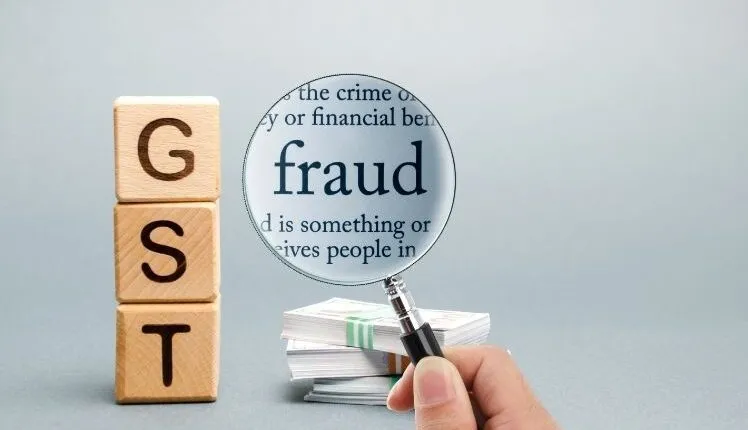117 Individuals Detained for Fraudulent GST Registrations?

Synopsis
Key Takeaways
- 117 arrests made for fraudulent GST registrations.
- Special drives initiated to combat tax evasion.
- Data analytics implemented for GST application processing.
- Cross-verification of documents to ensure authenticity.
- Significant financial implications detected in fraudulent cases.
New Delhi, Aug 18 (NationPress) In an effort to eliminate fraudulent GST registrations, tax officials apprehended 50 individuals in FY 2024-25 and 67 individuals in FY 2023-24, as reported to Parliament on Monday.
During the financial years 2023-24 and 2024-25, two special initiatives were enacted to combat fraudulent Input Tax Credit and fictitious registrations, coordinated between state and Central GST administrations, as stated by the Minister of State for Finance, Pankaj Chaudhary, in a written response to a Lok Sabha inquiry.
In FY25, the tax authorities executed 33 prosecution initiatives, a decrease from 53 in FY 2023-24.
Instances have emerged where fraudulent GST registrations were acquired using forged or stolen PAN and Aadhaar credentials, leading to bogus invoicing and the transmission of ineligible Input Tax Credit, allowing for GST evasion.
For FY25, a total of Rs 13,109 crore was identified in fraudulent GST registrations, uncovering 3,977 firms involved in such activities, according to the minister.
Tax authorities also found 1,654 instances of bogus GST registrations that were achieved by exploiting stolen or forged PAN/Aadhaar information from others in the last fiscal year.
To enhance the verification process, biometric-based Aadhaar authentication, supported by data analytics and risk assessment parameters, has been implemented for processing GST registration applications nationwide. The system assigns a risk rating to all registration applications using data analytics and risk metrics. These ratings are then made accessible to the field formations of CBIC to facilitate thorough verification and further application processing.
“To prevent the approval of fraudulent registrations, the authenticity of documents provided as proof of address is cross-verified against publicly available sources, such as official websites, land registries, electricity distribution companies, municipalities, and local authorities,” the minister elaborated.
The Directorate General of Analytics and Risk Management (DGARM) has embarked on a project to pinpoint irregularities in the digital information presented by proprietorship firms during GST registration.
GST registrations are scrutinized and shortlisted whenever the misuse of individual credentials, such as PAN, is suspected. These suspect GSTINs are forwarded to field formations for appropriate verification.









